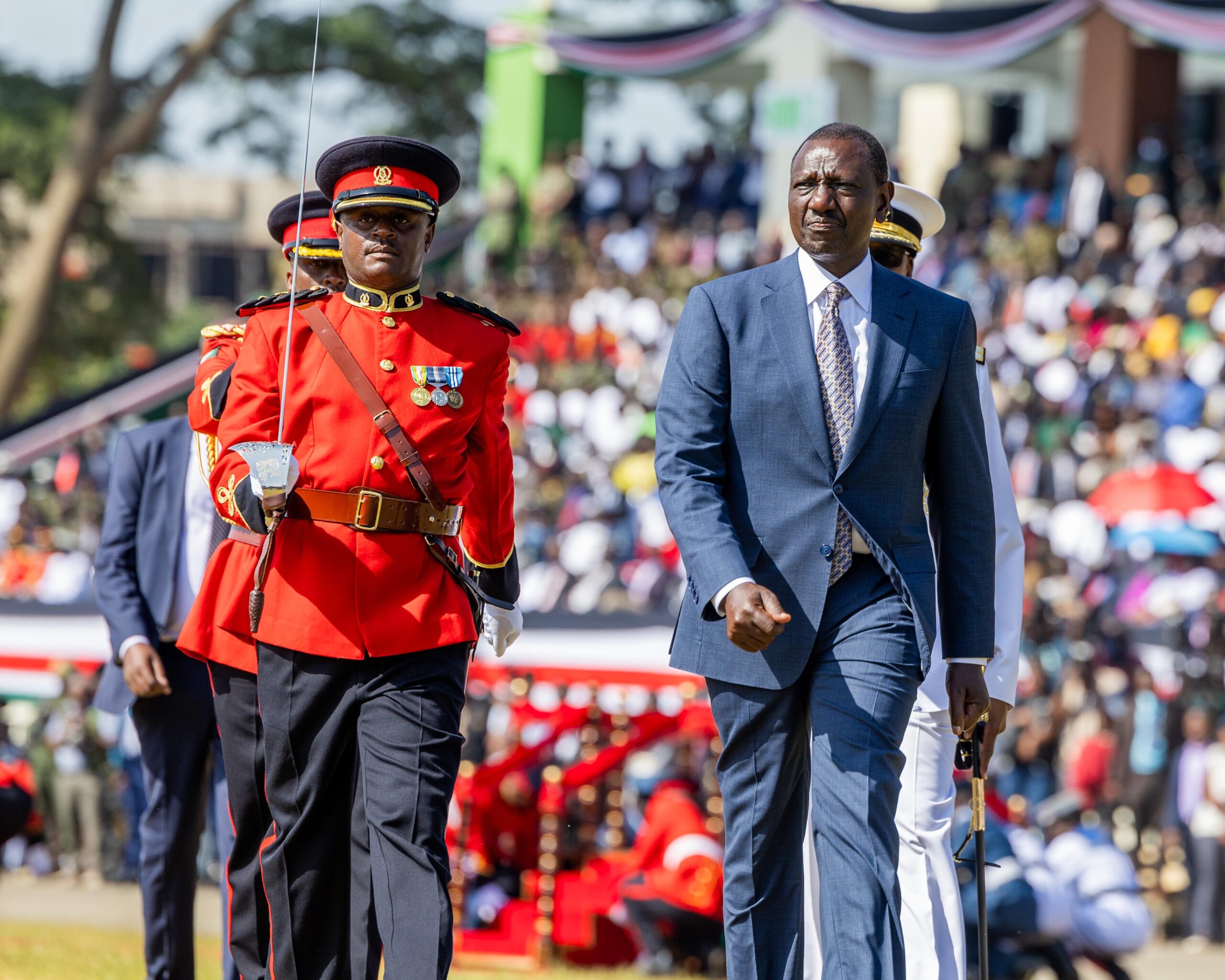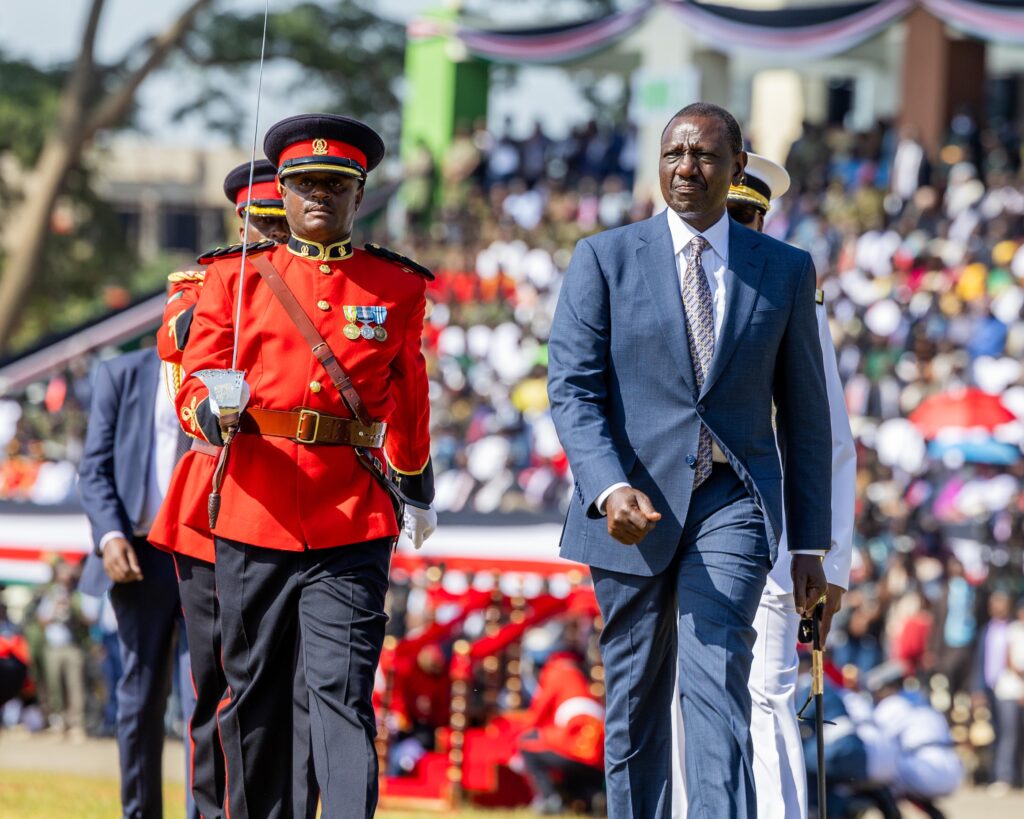
President William Ruto has made a pivotal announcement, declaring a substantial reduction in the cost of sexed semen for dairy farmers, aiming to catalyze increased milk production and enhance overall productivity in the sector.
Speaking during the Madaraka Day celebrations at Bungoma, the president directed that the cost of sexed semen be brought down from Ksh 8,000 to under Ksh 3,000.
“In efforts to bolster milk production and overall productivity, I’ve instructed a reduction in the cost of sexed semen from Sh8,000 to under Sh3,000 for dairy farmers.”
He mentioned that the key actions include the implementation of a countrywide breed improvement program in collaboration with the counties and the upgrading of dairy and beef breeds.
“The goat artificial insemination station at the Animal Health and Industry Training Institute Ndomba, Kirinyanga, has produced 48,000 doses of goat semen and trained 80 goat inseminators.”
“Veterinary services are essential to safeguard animal and human health, improve animal welfare and productivity, and ensure the production of safe, high-quality animals. This promotes food security and domestic, as well as international trade,” the president stated.
He added that he wanted livestock farmers to work with confidence and be assured of consistent, reliable, and effective provision of vaccines. He also mentioned that in 2023, the modernized Kenya Veterinary Vaccines Production Institute produced 35 million doses of assorted livestock vaccines.
Simultaneously, he declared the launch of a national vaccination program aimed at eradicating the PPR disease and controlling foot-and-mouth disease. The objective is to improve livestock disease and pest management.
Within this initiative, over 22 million cattle are slated to receive vaccinations against foot-and-mouth disease, with an additional 50 million goats set to be vaccinated through a collaborative nationwide effort.
The president also mentioned that 1,500 veterinary surgeons and 6,000 animal health assistants will deliver health and husbandry services to farmers. The government will supply vaccines and assist in vaccination efforts, with county governments offering logistical support and human resources.


